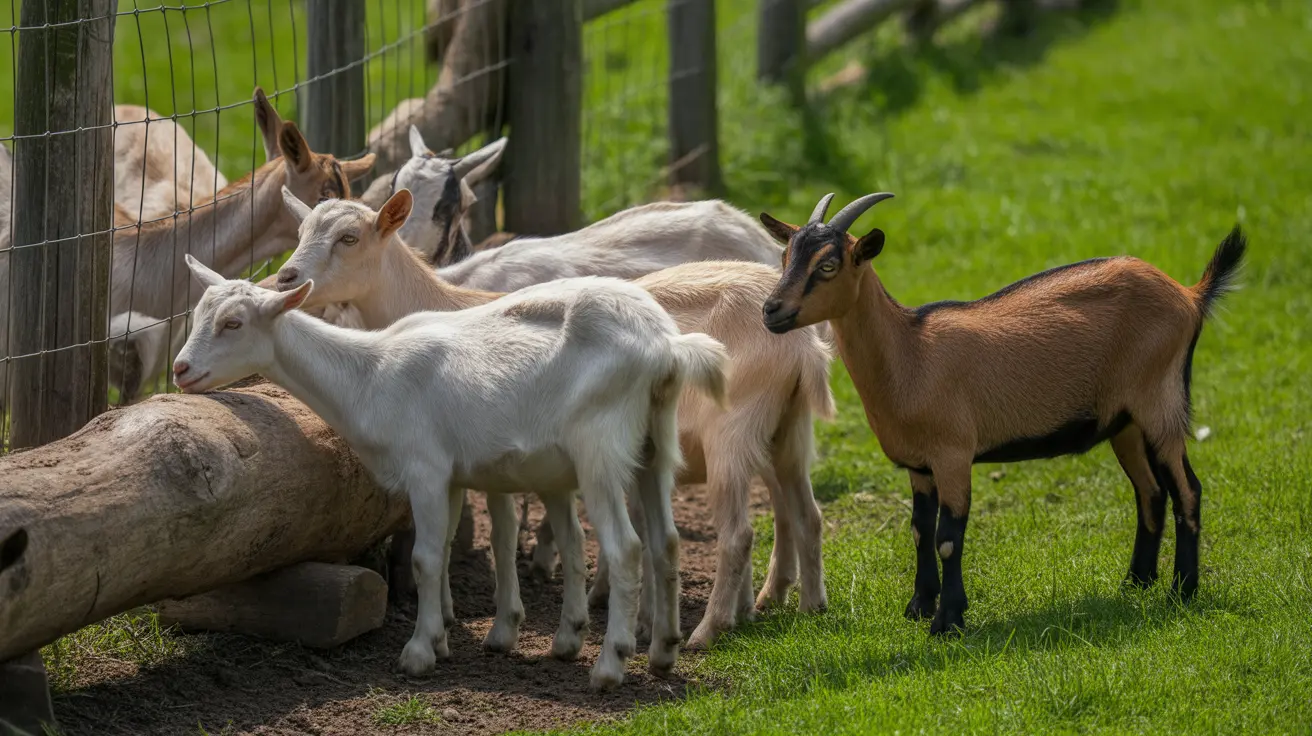Why Dogs Might Crave Pistachios—And Why Caution Is Needed
It's not uncommon to find your dog curiously sniffing around your snack bowl when pistachios are involved. Many pets seem to show interest in these nuts, prompting pet owners to wonder: why do dogs love pistachios? While there's no definitive answer rooted in science, there are several theories and aspects of canine behavior and nutrition that may explain this interest. However, loving pistachios doesn’t mean they are safe or recommended.
Possible Reasons Dogs Are Attracted to Pistachios
- Smell and Flavor: Pistachios have a strong, savory scent and flavor, especially when salted or flavored, which can attract a dog’s sensitive nose.
- Curiosity and Scavenging Instincts: Dogs are natural scavengers. Their instinct drives them to investigate new and uncommon foods.
- Owner Behavior: Seeing their owners eat pistachios could pique their interest as dogs often want to share in whatever their human “pack” is doing.
Are Pistachios Safe for Dogs?
Pistachios are not considered toxic to dogs, but that doesn't make them dog-friendly. In fact, they carry several potential health hazards:
- High Fat Content: Pistachios are fatty, which can lead to gastrointestinal upset, obesity, or even pancreatitis in dogs.
- Digestive Issues: Dogs are not built to process high-fat or high-fiber plant-based snacks.
- Mold and Aflatoxins: Improperly stored pistachios can contain aflatoxins from mold, posing a risk of liver damage or failure.
- Shell Hazards: The hard shells can pose a choking risk or cause intestinal blockages.
- Salt and Seasonings: Commercial pistachios may contain harmful flavorings or excess sodium, leading to dehydration and kidney stress.
- Allergic Reactions: Pistachios contain urushiol, a compound that may cause skin irritation or more serious allergy-like responses in sensitive dogs.
Symptoms of Pistachio-Related Illness in Dogs
Consuming pistachios—especially in large quantities or with shells and seasonings—can result in various symptoms:
- Vomiting or diarrhea
- Lethargy or abdominal pain
- Loss of appetite
- Jaundice or orange-colored urine
- In severe cases, seizures or liver damage
If your dog displays any of these symptoms, particularly after ingesting pistachios, seek immediate veterinary attention.
Can Pistachios Ever Be Safe for Dogs?
If offered responsibly and in moderation, pistachios may not necessarily cause harm to all dogs. However, there are some guidelines:
- Always remove the shells
- Offer only plain, unsalted pistachios
- Limit to extremely small quantities—no more than 1 or 2 nuts occasionally
- Do not give pistachios to dogs with a history of digestive issues or pancreatitis
- Monitor for signs of allergies or stomach upset after first exposure
Healthier Alternatives to Pistachios for Dogs
Rather than pistachios, consider safer treats that provide nutrients without the risks:
- Carrot sticks – low calorie and promote dental health
- Apple slices (without seeds) – a sweet fiber-rich option
- Green beans – full of fiber and micronutrients
- Small pieces of cooked chicken – high in protein and dog-appropriate
Nuts and Dogs: A Cautionary Overview
Apart from pistachios, many other nuts are unsafe for dogs:
- Toxic nuts: Macadamia nuts, black walnuts
- Hard-to-digest or mold-prone: Pecans, almonds
- Safer in moderation: Unsalted peanuts, cashews (occasionally)
Final Thoughts
While dogs might show interest in pistachios, it’s best to resist their puppy eyes. The potential risks far outweigh any nutritional benefits. Your dog’s diet should be based on veterinary-recommended dog food and healthy, safe treats. If you ever have questions about what your dog can eat, consult with your veterinarian before sharing human food.





